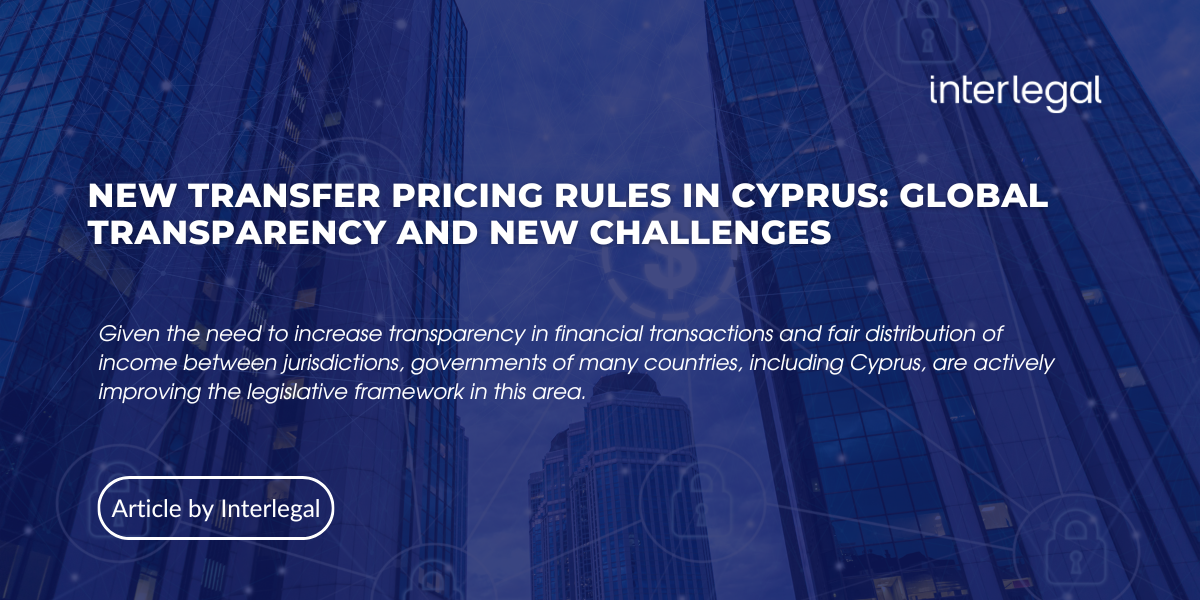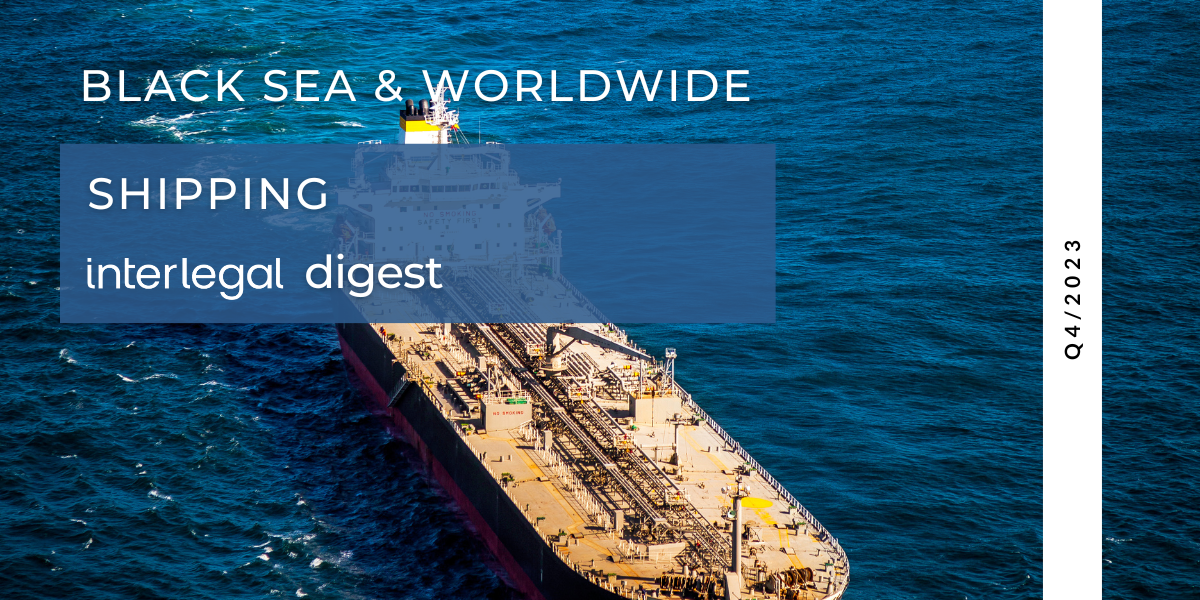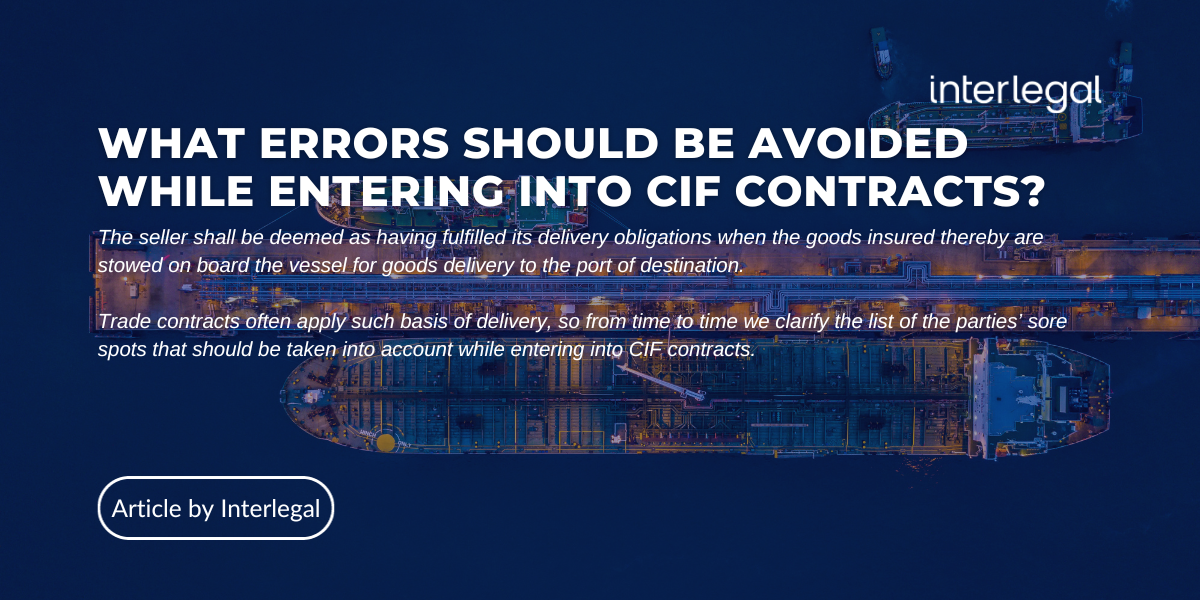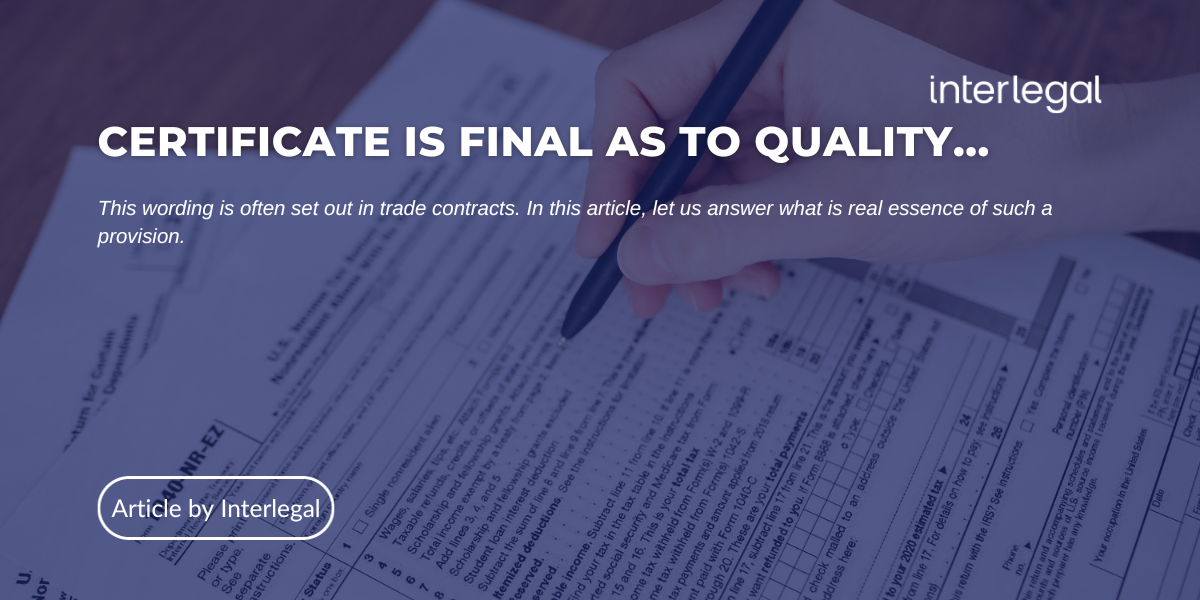Pirates of the Ukrainian Sea
28 September, 2012
4
Imagine a situation:
You are going to the resort. As soon as the plane lands you and other passengers approaching luggage conveyor find the conveyor empty. The airport workers are trying to explain to you that the whole luggage was seized by the fuel company because of the air company’s indebtedness for petroleum and ask you to leave the airport and not to impede the following flight.
Another situation:
Your friends from Europe send you your favorite cheese as a present. But the courier could not deliver it to you because due to improper payment of courier service for electrical supply the power distribution company sent all the correspondents in work at the nearest boiler-house as compensation for indebtedness.
In both cases as a response to your fair dissatisfaction and submission of luggage and postal cheques you receive the answer that nobody will talk to you because you are not related to the creditor’s and debtor’s internal affairs at all.
Absurd? But imagine if luggage and cheese cost several millions of dollars…
Prologue: Arrest Comes out of the Blue
In spring 2012 the cargo (palm oil) of the large international trader having been represented at the Ukrainian market for more than ten years arrived at one of the Ukrainian commercial sea ports. The exporter, the consignor and the forwarder (under the order bill of lading) was a company that we further refer to as the Shipper Ltd.
The Shipper Ltd was really surprised when by the ruling of the Ukrainian city court significant part of the cargo arrived and stored at the terminal was arrested and the trader lost its right to dispose of the cargo at its own discretion.
The court ruling stated that the cargo was arrested in order to satisfy applications of a certain company from Cyprus (hereinafter referred to as BlackPearl & Co) on recognition and enforcement of FOSFA* arbitration awards in Ukraine on recovery of significant sums from Shipper Ltd.
As «Shipper Ltd» had no relations to the abovementioned arbitration proceedings and had no commercial relationship with the applicant the cargo owner has reasonably considered that the arrest imposed by the court was a mere misunderstanding. In order to correct such a mistake and to submit necessary evidence to the court the trader hired the lawyers specialized in transport and international trade recommended by his local partners.
First act: the Fairest Trial
After the representatives studied case materials it turned out that in 2010-2011 the FOSFA Arbitration Court has indeed made several decisions on recovery. But the only debtor in the case was another legal person – let us call it Charterer Bhd. The applications on recognition and enforcement of FOSFA Arbitration Awards in Ukraine were granted regarding this very company; the claimant insisted on Charterer Bhd’s right of ownership of delivered oil as a proof to the possibility of enforcement of FOSFA Arbitration Awards in Ukraine.
But in the ruling on the arrest of the property the court indicated that cargo to be arrested belonged to Shipper Ltd.
It would seem that the core of the mistake was clear enough : the court imposed a wrong arrest on the property of one company under the debts of another company, which is obviously unlawful. . Taking into account that only the court may release the cargo from the wrong arrest the representatives of Shipper Ltd had to study the case materials. After having scrutinized the case materials they had no doubts that the arrest was not a mistake but a deliberate attempt to restrict Shipper Ltd’s rights to dispose of their own cargo. The documents clearly reflected the claimant’s intention not only to appeal for rulings against Charterer Bhd but also to do it on the account of Shipper Ltd’s property!
Let’s mention without going into details of the Ukrainian procedural law that in order to enforce the foreign arbitral award in Ukraine one should prove that either the debtor is (registered) at the territory of Ukraine or the debtor’s property is located at the territory of Ukraine.
In order to imitate the observance of those regulations the representatives of BlackPearl & Co initially indicated in their applications that the debtor (Charterer Bhd) had had a property at the territory of Ukraine – palm oil stored at the customs bonded warehouse. In order to confirm the right of ownership of the debtor’s cargo they granted to the court… the bills of lading copies (their content is seen below on the picture).
But the experienced law experts (the advisors of BlackPearl & Co do no doubt belong to) were not confused by the fact that either the consignor or the consignee under the bills of lading was the company other than the debtor. To substantiate the debtor’s proprietary right of the cargo the applicants sated just a few words:
«… The Debtor ( «Charterer Bhd») is the charterer of the ship , and therefore the owner of the goods(!)».
It is true that the bills of lading submitted to the court contained the information that Charterer Bhd was the cargo carrier (the charterer of the ship on which the goods were carried). But neither the Ukrainian law the claimants referred to, nor the Law of the USA dd. 1936, nor the Convention dd. 1924 (bills of lading provide for application of those acts) do not contain any clauses h state that the Charterer acquires the right of ownership of the cargo for the period of its transportation. Both in this transaction and in such other ones the proprietary right is transferred from the seller to the buyer, and the carrier (the charterer in our case) only renders a service on cargo transportation according to the instructions of the parties of transaction. The carrier acquires the right to dispose of the cargo only if it has not received payment for its services (lien right). But those are the internal relations between the customer and the carrier which are regulated by the contract of carriage.
Unfortunately the Ukrainian court has surprised us again by its incompetence in issues related to maritime and transport law. Without going into peculiarities of the relations between the ship owner and the charterer given absence of the freight contract and any other title documents except for the copies of the bills of lading the city court has satisfied the BlackPearl & Co’s application and has arrested the Shipper’s property in order to recover Charterer Bhd’s debts. The accent on the copies of those document is obvious: Shipper Ltd stated that originals of the only evidence which allegedly confirmed the goods belonging to the debtor were kept at the company’s office in Malaysia from the moment of their issue by the ship owner.
And when the cargo owner indignantly appealed to the court with application to cancel the security measures with explanations of the illegal character of the court’s actions and the court’s mistake , the court deemed it right to ignore the Shipper’s arguments and claims.
Second act: The Theatre of the Absurd
With no hope to restore justice in the local Ukrainian court the cargo owner applied to the appeal court with the claim to cancel the absurd ruling on arrest of his goods .
At this stage the arguments of BlackPearl & Co representatives were more than strange. Quotations from their application will confuse not only lawyers but everyone who has at least slight awareness of what the international trade is and the carrier’s role in it:
«In case of issuing the order bill of lading the charterer has the right to transfer the bills of lading thus realizing his right to dispose of such goods during the transportation…
So Charterer Bhd as tanker charterer is the owner of the cargo (goods) being transported till the moment of receiving the bill of lading from the consignee…»
«The Civil Code of Ukraine clearly stipulates the following:
(1) Freight contract is a kind of contract of carriage,
(2) Moment of acquiring the property rights is related to actual transfer of the property to the freighter (carrier).
So the Ukrainian law establishes legal relationship between the freighter and the property transferred to him and fixes the freighter’s (!) right of ownership of such property».
The conclusions after the word “So” are absurd and beyond any logical analysis. And the representatives of Shipper Ltd pointed to that in their appeale
The decision of the Odessa Region Appeal Court surprised even the most experienced experts in court procedures. The board of three judges has listened to the arguments of the parties and has changed partially the city court ruling on arrest by means of exclusion from the operative part of the first instance court ruling all the mentions of Shipper Ltd as an owner of the arrested cargo and substituted the same by Charterer Bhd.
The court has made very brief arguments for its conclusion:
«The Board of Judges considers that the appeal claim shall be satisfied partially on the grounds that the court ruling contains a mistake that the cargo belongs to the foreign company Shipper Ltd. The materials available do not state that this company is a cargo owner. But the bills of lading (!) state that the cargo owner is another person – foreign company Charterer Bhd.
The court does not explain in its ruling which clauses of the bills of lading (see the picture above) allowed the appeal court to make such conclusion and how such position complies with the law.
Conclusion: How to find it if it doesn’t exist
Despite the judgments the court made in the motivation part, the representatives of Shipper Ltd have achieved more than significant result. In fact despite the complex formulations the appeal court has excluded Shipper Ltd from the persons whose property was earlier arrested by the ruling of the city court. But the court has preserved formally the arrest on the debtor’s cargo ( which was not actually available at the abovementioned customs terminal).
In spite of this the representatives of BlackPearl & Co tried to organize enforcement of FOSFA arbitration awards by means of selling the palm oil. But operative interference of the representatives of Shipper Ltd and competent actions of the terminal officials helped to explain to the state enforcement officer the impossibility of the inventory of the Charterer Bhd’s non-existent property – the property which was registered as the cargo belonging to Shipper Ltd under all the documents including warehouse and customs ones.
As a result, after Charterer Bhd has become aware of this dispute taken place in Ukraine the ruling of the Ukrainian court on recognition and enforcement of FOSFA arbitration awards was cancelled by the appeal court and remitted for the new trial.
It is obvious that the real operator described above has reckoned, first, on promiscuity and incompetence of the Ukrainian judges and, second, on tardiness and remoteness of the cargo owners. Unfortunately it is too difficult to appeal to objectiveness, logics and law in case of the principle the aim justifies the means. But it is good news that in the given case we managed to defend the cargo owner’s interests in the court not least because of the reliable partners and lawyers’ professional actions.
Blitzkrieg as quick sale of one company’s cargo to the other company under the cancelled** arbitration awards has failed. The claimant will face the complete trial with all the parties involved and all the documents examined.
The history has many interesting aspects which would not occur anywhere but in Ukraine and several states of the world. Maybe we’ll tell you about them too.
* The Federation of Oils, Seeds and Fats Associations.
** FOSFA arbitration awards concerning the major part of the indebtedness ware cancelled by the London High Court until the BlackPearl & Co’s applications at the Ukrainian court. The representatives of BlackPearl & Co did not keep back the facts that the operation in Ukraine was planned with the purpose to realize the decisions which had no legal force and no prospects for execution in other jurisdiction.


























































